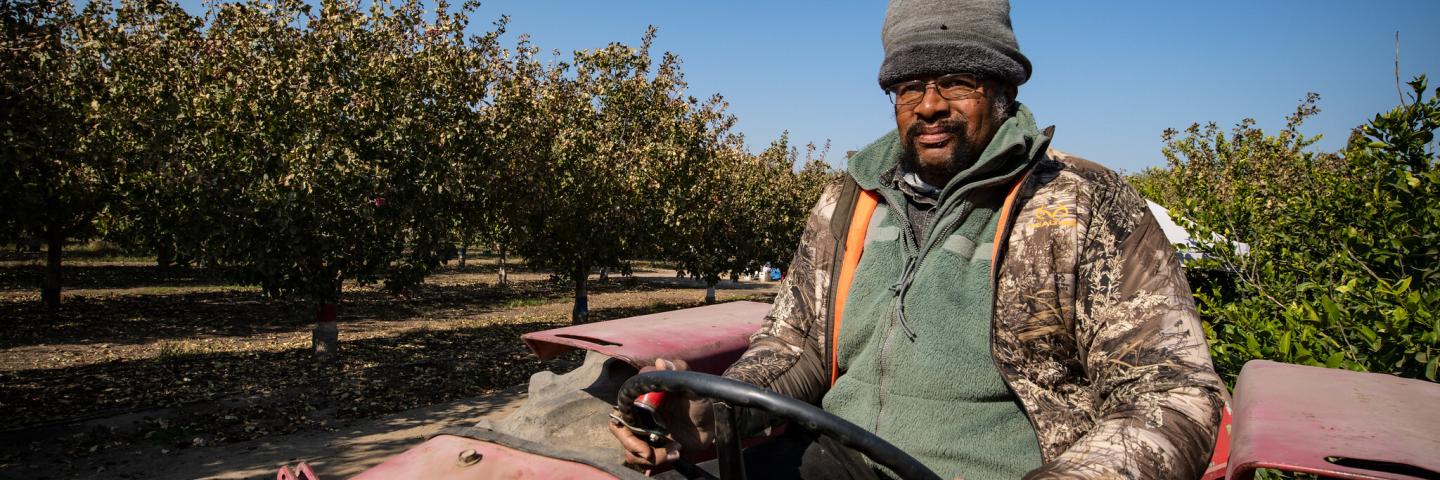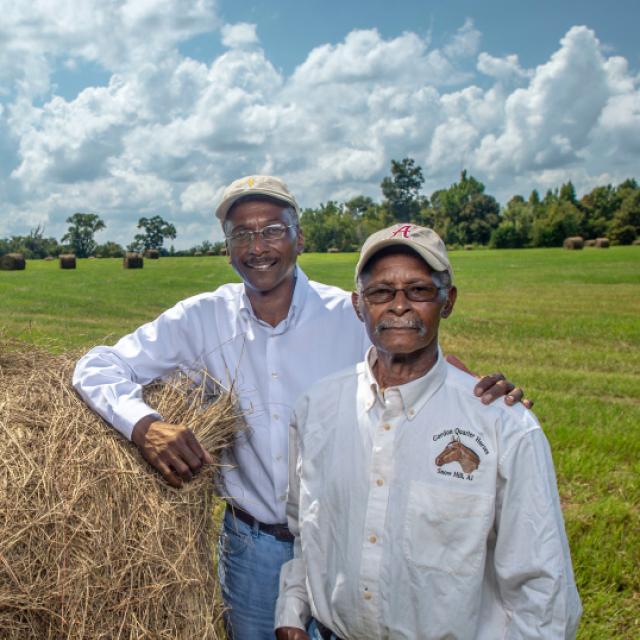
The Regional Conservation Partnership Program (RCPP) is a partner-driven approach to conservation that funds solutions to natural resource challenges on agricultural land.
Upcoming Webinars for Applicants
2024 RCPP Easement Webinar: Date and Time TBD
NRCS will host an outreach webinar on RCPP easements. The registration link for this event will be posted here when available.
Information for the Regional Conservation Partnership Program (RCPP) is divided into two different sections:
A. Farmers and Landowners:
• Information about the RCPP projects in Pennsylvania, application periods, and application
ranking criteria
• Click on the links below to view fillable application for conservation assistance
B. Eligible Partner Organization Representatives:
If you represent an eligible partner organization listed below and would like information about how to apply to develop a new RCPP project for Pennsylvania:
• An agricultural or silvocultural producer association or other group of producers;
• A State or unit of local government;
• An Indian Tribe;
• A farmer cooperative;
• A water district, irrigation district, rural water district or association, or other organization with specific
water delivery authority to agricultural producers;
• A municipal water or wastewater treatment entity;
• An institution of higher education; or
• An organization or entity with an established history of working cooperatively with producers
on agricultural land, as determined by NRCS, to address:
o Local conservation priorities related to agricultural production, wildlife habitat development, or
nonindustrial private forest land management; or
o Critical watershed-scale soil erosion, water quality, sediment reduction, or other natural
resource issues.
For more information, please contact:
Haley Dukes
PA RCPP Manager
(717) 237-2206 - Office
(717) 280-1427 - Mobil
Ready to get started?
Contact your local service center to start your application.
How to Get Assistance
Do you farm or ranch and want to make improvements to the land that you own or lease?
Natural Resources Conservation Service offers technical and financial assistance to help farmers, ranchers and forest landowners.

To get started with NRCS, we recommend you stop by your local NRCS field office. We’ll discuss your vision for your land.
NRCS provides landowners with free technical assistance, or advice, for their land. Common technical assistance includes: resource assessment, practice design and resource monitoring. Your conservation planner will help you determine if financial assistance is right for you.
We’ll walk you through the application process. To get started on applying for financial assistance, we’ll work with you:
- To fill out an AD 1026, which ensures a conservation plan is in place before lands with highly erodible soils are farmed. It also ensures that identified wetland areas are protected.
- To meet other eligibility certifications.
Once complete, we’ll work with you on the application, or CPA 1200.
Applications for most programs are accepted on a continuous basis, but they’re considered for funding in different ranking periods. Be sure to ask your local NRCS district conservationist about the deadline for the ranking period to ensure you turn in your application in time.
As part of the application process, we’ll check to see if you are eligible. To do this, you’ll need to bring:
- An official tax ID (Social Security number or an employer ID)
- A property deed or lease agreement to show you have control of the property; and
- A farm number.
If you don’t have a farm number, you can get one from USDA’s Farm Service Agency. Typically, the local FSA office is located in the same building as the local NRCS office. You only need a farm number if you’re interested in financial assistance.
NRCS will take a look at the applications and rank them according to local resource concerns, the amount of conservation benefits the work will provide and the needs of applicants. View Application Ranking Dates by State.
If you’re selected, you can choose whether to sign the contract for the work to be done.
Once you sign the contract, you’ll be provided standards and specifications for completing the practice or practices, and then you will have a specified amount of time to implement. Once the work is implemented and inspected, you’ll be paid the rate of compensation for the work if it meets NRCS standards and specifications.

